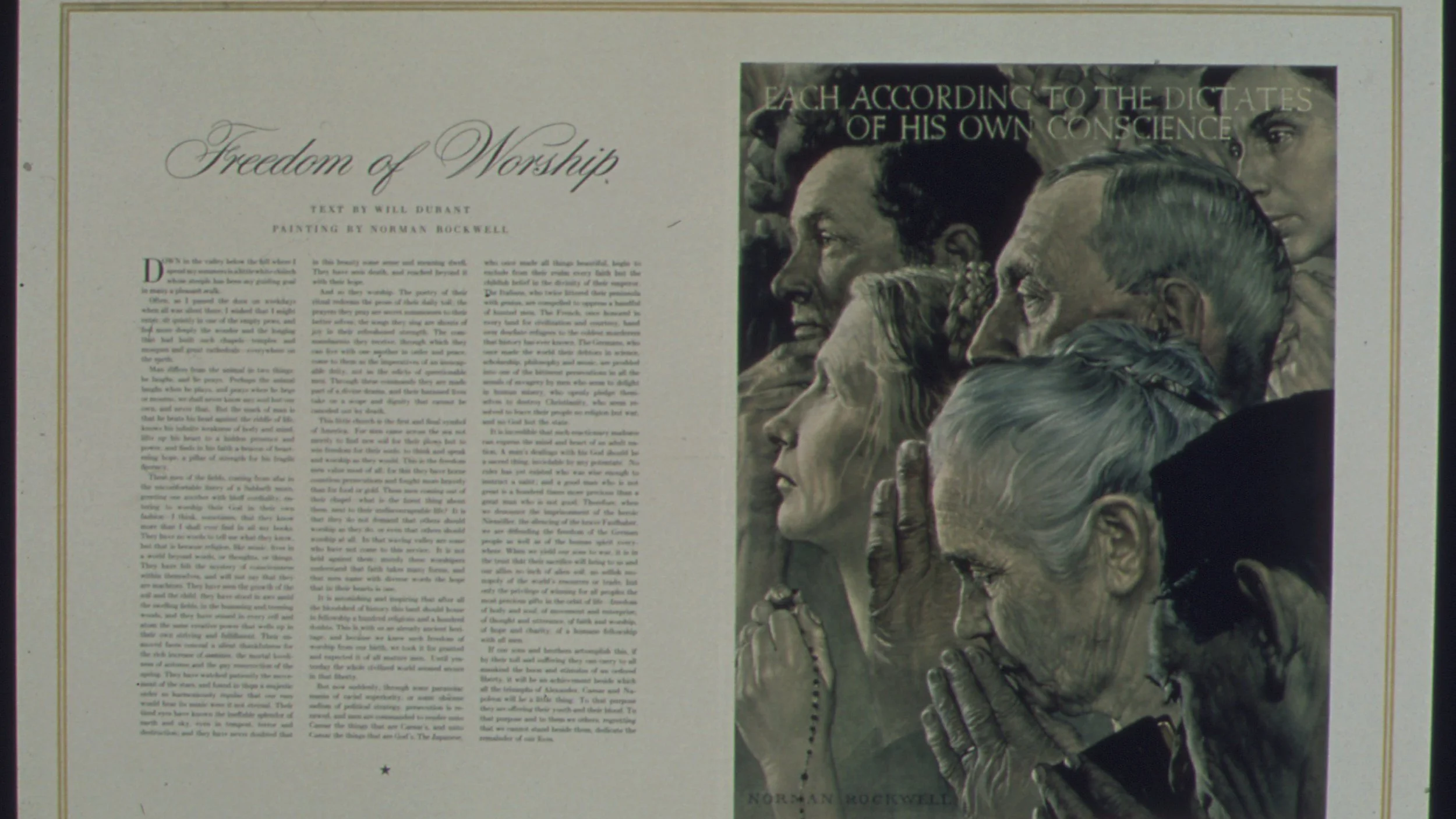How would Jesus vote? Do we trust God or politicians who claim they know the Constitution and the Bible?
The Public Religion Research Institute (PRRI) recently conducted a national survey with respondents being asked the extent of their agreement regarding the following statements:
The U.S. government should declare America a Christian nation.
U.S. laws should be based on Christian values.
If the U.S. moves away from our Christian values, we will not have a country anymore.
Being Christian is an important part of being truly American.
God has called Christians to exercise dominion over all areas of American society.
It didn’t surprise me that the respondents who agreed or somewhat agreed with the above statements included white evangelical Christians, Republicans, Trump supporters, and residents of red states. (PRRI labeled those who agreed or somewhat agreed “adherents and sympathizers.”)
Those expressing agreement with the statements appear to support the idea that the most effective way to create and maintain a value-rich American culture is through government policy, enacted law and enforcement. Christian values — or at least someone’s interpretation of those values — would be emphasized in policy and law.
Our elected politicians, in addition to taking care of the national debt, immigration, foreign policy, and domestic terrorism/violence, would be caretakers who make sure that our culture is on the up-and-up. You know, addressing things like inappropriate library books, school curriculum, communist college professors, the liberal media, birth control, and same-sex unions.
About 25 years ago, I read a book entitled “Blinded by Might: Can the Religious Right Save America?”
In the 1980s, the book’s authors, Cal Thomas and Ed Dobson, worked with Jerry Falwell, then the president of Liberty University. Falwell at the time was also the leader of the Moral Majority, a group that was one of the forerunners to the
The authors addressed several religious, political and cultural issues in “Blinded by Might,” and many of those same issues continue to perplex Americans today. Although the authors agreed that problems did exist and needed to be addressed, they disagreed with Falwell’s strategy to address them — i.e., by using political/government power. The authors came to realize that conflating the purpose of politics and government with the mission of religion and the church would lead to negative outcomes.
In short, the authors warned that combining politics with religion (in this case, Christianity) was a lose-lose proposition. In so doing, both effective civil governance and the furtherance of the Gospel were obstructed.
The more that the authors worked with Falwell, the more they became convinced of the wrongheadedness of the movement. They observed that Falwell and the Moral Majority’s pursuit of celebrity and political power (and money) actually damaged the Christian mission that all individuals, fallible as we are, should strive to promote the virtues espoused in our faith by living and promoting them.
The authors eventually disassociated themselves from Falwell and his movement. Thomas remains a conservative columnist. Dobson resigned his position at Liberty and became a long-serving pastor at a church in Grand Rapids, Mich., until his death in 2015.
I can think of two arguments opposing the marriage of politics and religion. First, the founders of America’s Constitution supported the separation of church and state (as illustrated by the classic Norman Rockwell representation in the image above, posted on wikimedia commons). The First Amendment says so.
I’m guessing that some judges, channeling James Madison and Thomas Jefferson, might develop a different take on the separation of church and state, interpreting the language of the Amendment into 50 shades of uncertainty.
Second, as Jesus Christ lived on earth, He refused to be a political leader even though many wanted Him to be. Of course, as God incarnate, He could have been a political leader if He wanted to. However, He did not view the political establishment as the institution to improve how we treat each other and how we worship God. That function was to be carried out by His people — the church.
But wait. I can think of a third argument, cynical though it may be. Throughout history, there has been considerable evidence of corruption in churches. Likewise, a person doesn’t have to be Jack Smith or Columbo (or the slowpoke Merrick Garland) to uncover evidence of corruption in government. When church and government sleep together, the probability for corruption exponentially increases as does the probability for absolute power.
Most Americans want to live in a virtuous society. Such a society would be characterized by qualities such as fairness, justice, compassion, equality, tolerance, honesty, and other high ideals. These virtues, of course, are contained not only in the tenets of Christianity but also in other faiths.
In the presidential election this year, some are hoping that their morally exemplary political leader will be chosen by the Electoral College. He is the one that God has obviously ordained. Indeed, some of his disciples fanatically worship him, gold statue and all.
Let us pray. And then, open our eyes.
Randy Zitterkopf served as a public school teacher and administrator in Nebraska, South Dakota and Minnesota. Now retired, Randy and his wife Linda live in Sioux Falls.







